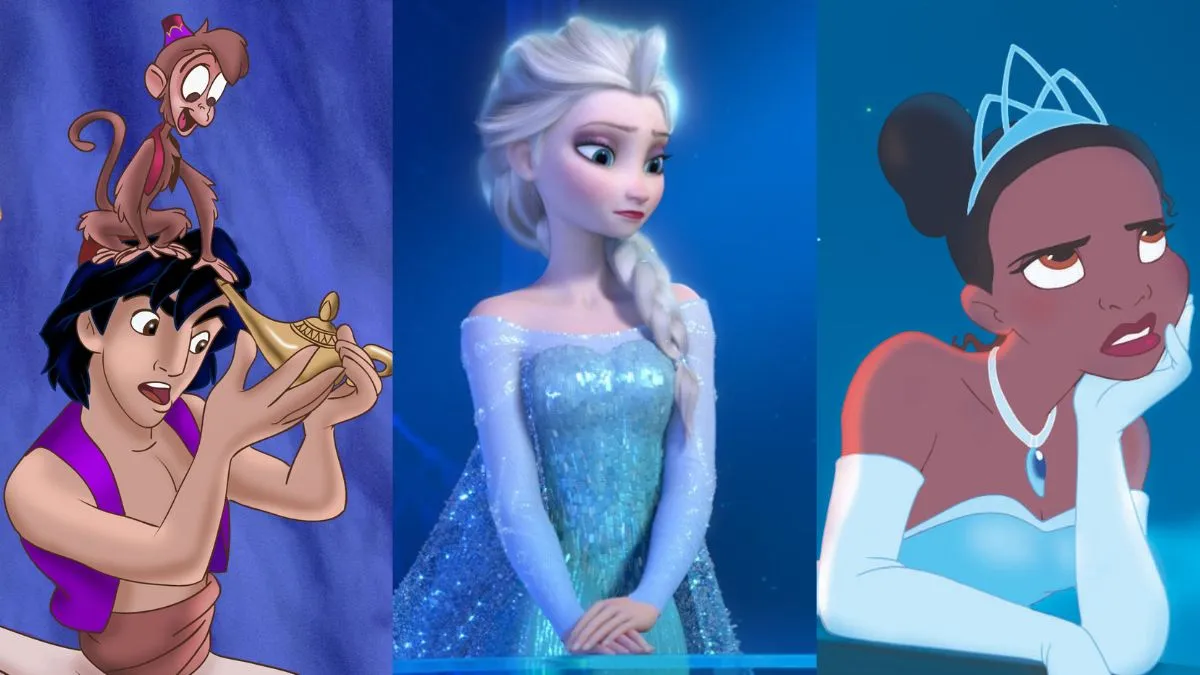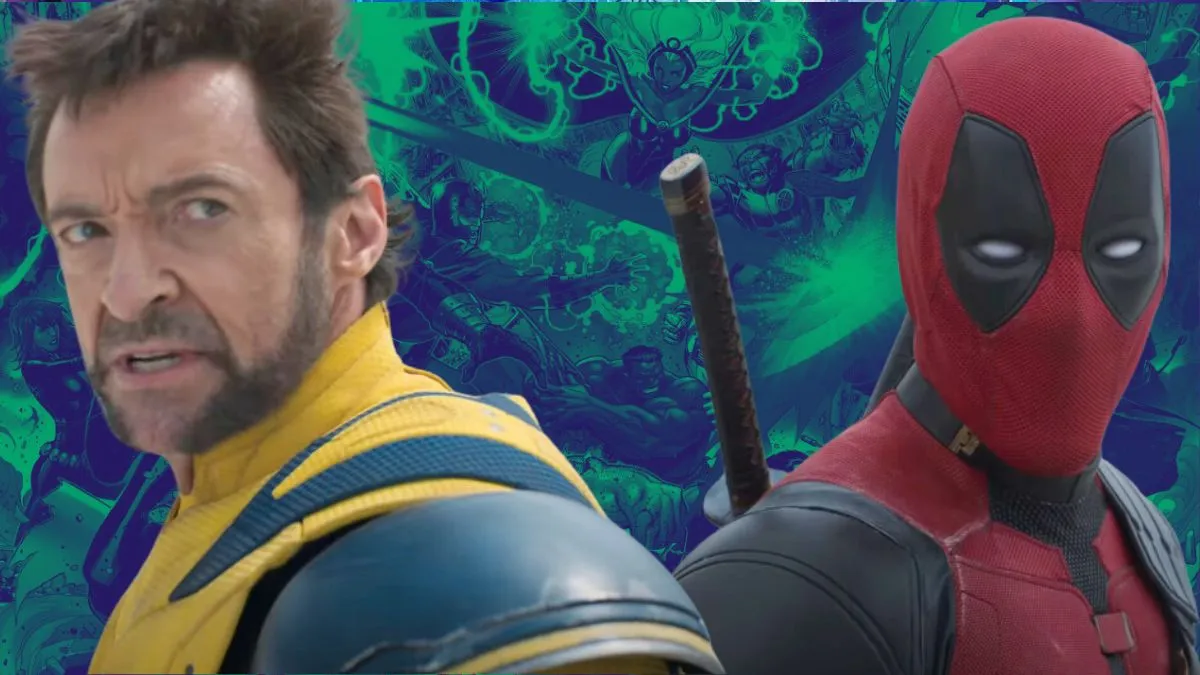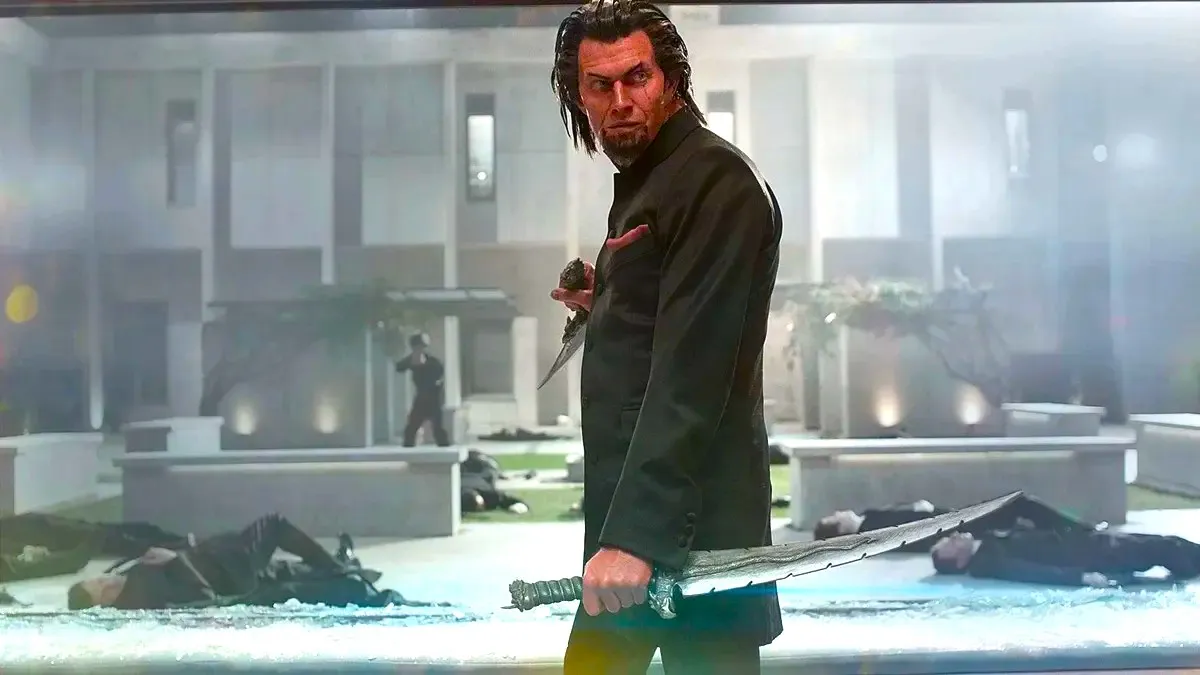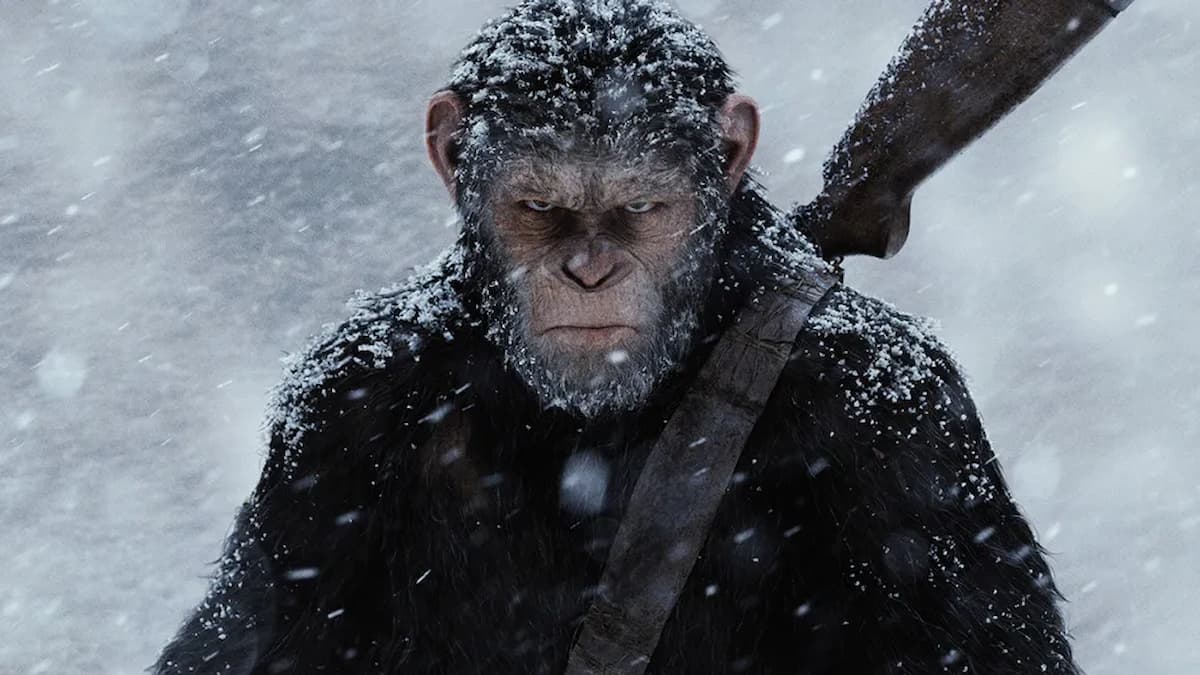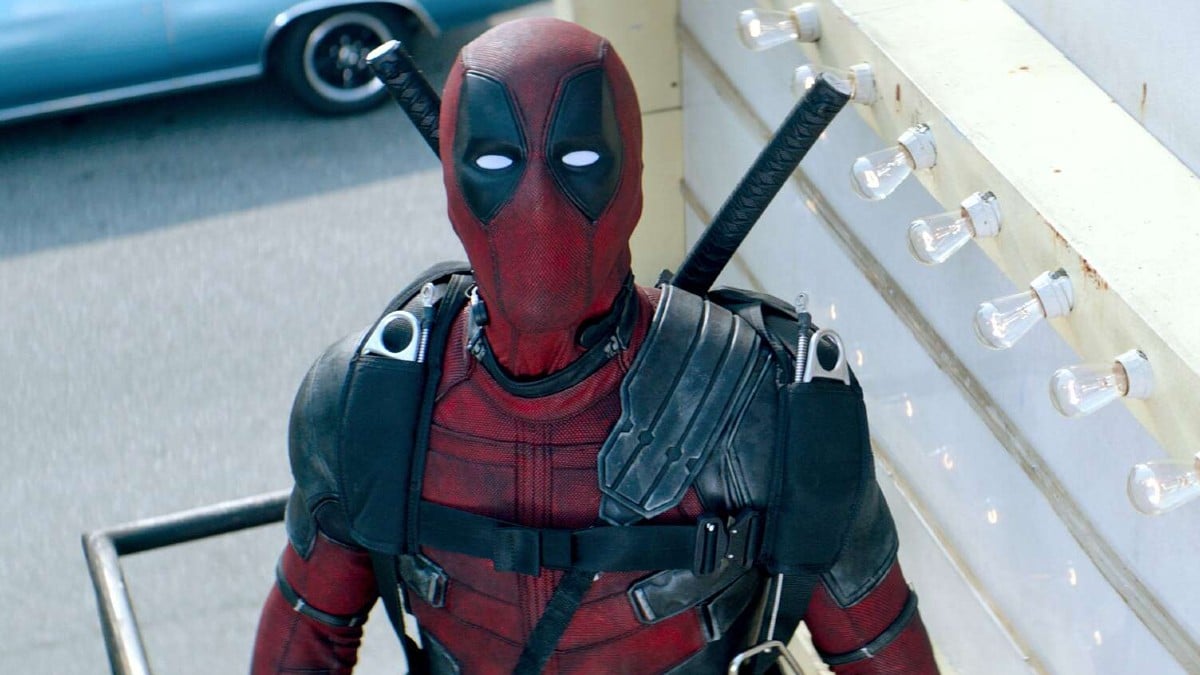The DC Extended Universe has been no stranger to controversy over its short history so far, and that all began with Zack Snyder’s Man of Steel and its bold, revisionist take on Superman. As played by Henry Cavill, this version of the Last Son of Krypton was very much a post-9/11 take on the iconic hero, missing much of the warmth and optimism personified so well by Christopher Reeve in his four movies produced through the 1970s and 1980s.
Whether you dislike Man of Steel‘s interpretation of Superman or not, it’s clear that Snyder, writer David S. Goyer and the rest of the production team put a lot of thought into how to make the character relevant to the modern world and to not simply regurgitate what had worked in the past.
According to storyboard artist Jay Oliva, the reasoning behind making Cavill’s Superman much darker than Reeve’s was that he’d grown up in a much darker time in history. Here’s how Oliva, director of many DC animated movies and all-round superhero expert, put it on Twitter:
The Clark from MoS grew up in the 80s and 90s. The Cold War, Iraq War, 911, etc. So this Clark (and his parents) sees the world a different way. Do you see where I’m getting at? Same character different interpretations.
— Jay Oliva (@jayoliva1) June 4, 2018
This isn’t the first time Oliva has defended the DCEU’s version of Superman, of course. He recently supported the Big Blue Boy Scout’s murder of Zod at the end of Man of Steel, comparing it to his killing of Doomsday in The Death of Superman comic event. Oliva has also teased that Cavill was originally to have a much clearer growth as Clark Kent, with Snyder planning a five film character arc for him.
In the end, of course, the classic image of Superman as a beaming beacon of hope was restored in Justice League, when the hero came back to life with a brighter attitude – and a brighter costume to match. Which means that whenever Henry Cavill reappears in the DCEU next, we can expect him to be a lot more like the Christopher Reeve iteration.


